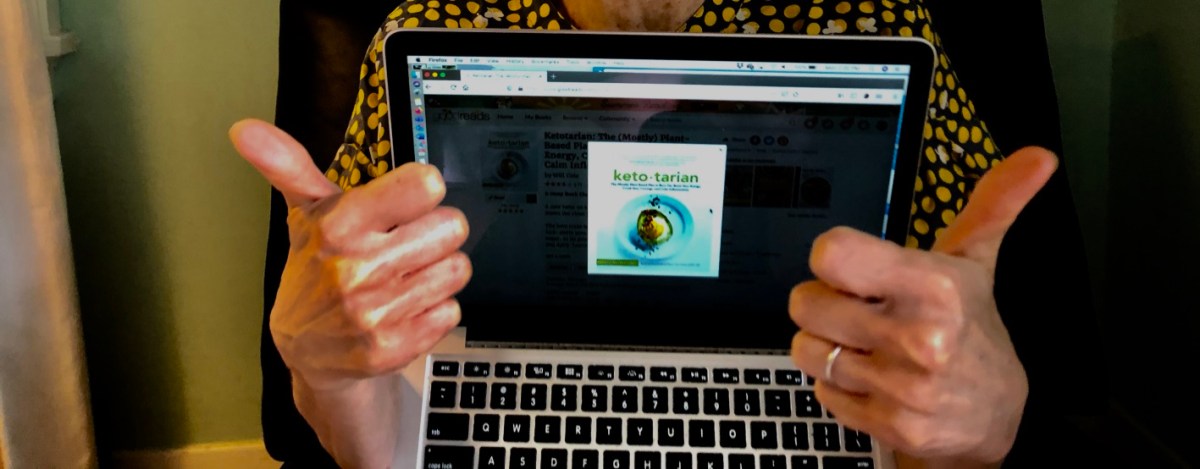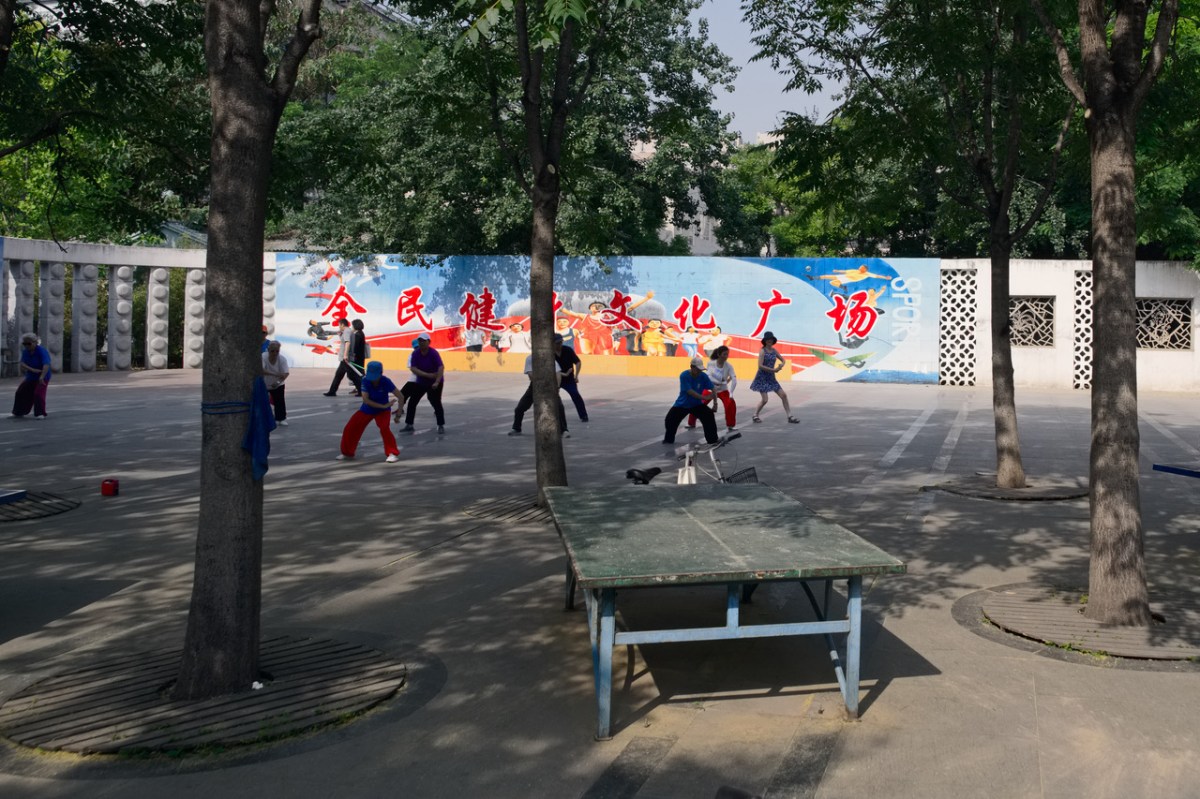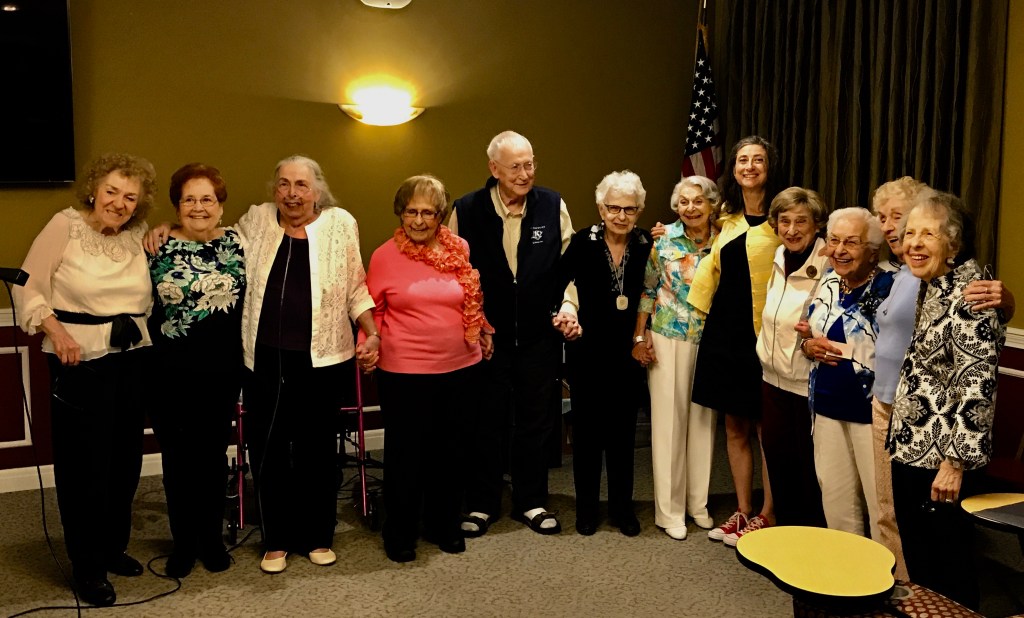On Friday night, Dawn Elise posted a book recommendation on the Ms Lab Rat comment page. Because I like that gentle reader’s taste in authors, I immediately downloaded her recommendation on my Kindle without getting worked up about the title or giving any attention to the cover photo. If I had so much as glimpsed at the image of the egg centered on the book’s cover, I might have passed over Ketotarian. I am allergic to eggs, and I have not had all that much luck with Keto. What could be in it for me?
I found the narrative voice of the first pages so compelling that I read straight through to the recipe section. No regrets. Who cares if you are up half the night and must sleep in ’til 9 am? I’ll give myself a pass; we’re in Covid-19 Quarantine.
What I like most about this book is that its mission is not to proselytize, but to inform and entertain. Cole is honest about the convolutions of his personal food journey. Through his struggles he has gained the wisdom to refrain from pressuring his reader to follow him in lockstep. For example, he provides Instant Pot recipes, but doesn’t urge you to go out and buy an Instant Pot, or worse, to buy a particular model of Instant Pot (a habit of certain medical professionals-slash-food celebrities that I, for one, find galling.)
Cole covers an impressive span of topics; the index alone makes for fascinating reading. These are 38 entries under H: from hair dyes (47) to hypothalamic-pituitary-thyroid (HPT) axis (134). And while we are on the subject of thyroids, let’s go to page 134. For there I discovered a confirmation of why Keto dieting hasn’t worked for me: “…some people with thyroid problems don’t do very well with fasting, making intermittent fasting a case-by-case tool for people with thyroid issues.”
Cole explains, “The queen of all hormones impacts every single cell of your awesomely designed body. If your thyroid isn’t working well, nothing is. The crazy thing about thyroid hormone problems is that there are many different reasons for them…There are autoimmune thyroid problems like Hashimoto’s disease, thyroid conversion issues like low T3 syndrome; thyroid resistance, which is similar to insulin resistance; and thyroid problems that are secondary to brain-thyroid axis dysfunction.”
I have known I have hypothyroid for thirty years. But have any of my conventional medical practitioners told me I have Hashimoto’s? No. I’m not sure they knew, themselves. I had to go to a doctor who practices functional medicine to find out.
Cole makes a convincing case that western medical schools have dropped the ball on educating doctors about nutrition. “Expecting health guidance from mainstream medicine is akin to getting gardening advice from a mechanic. You can’t expect someone who wasn’t properly trained in a field to give sound advice. Brilliant physicians in the mainstream model of care are trained to diagnose a disease and match it with a corresponding pharmaceutical drug. This medicinal matching game works sometimes, but often it leaves the patient with nothing but a growing prescription list and growing health problems.”
I’m really grateful to Cole for giving me such an in-depth research fueled assessment of the diet he’s had the most success with personally, and for giving me a pass if I don’t think it will work for me. I haven’t had a chance yet to try any of the recipes, but I’ll be sure to update on my Goodreads Page
when I do.














